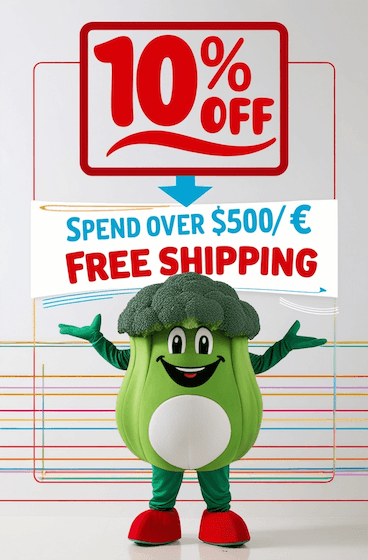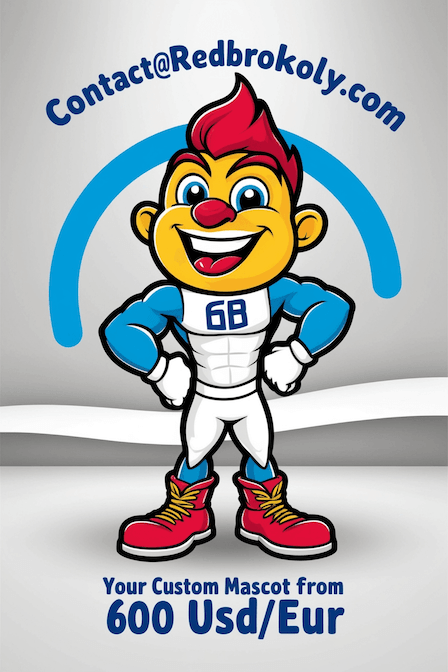Elevate Your Brand with Engaging Mascot Marketing Strategy
Mascots: Essential Assets for Brand Marketing
Mascots are charismatic, playful characters specific to a brand, capable of enhancing its notoriety and creating an emotional connection with the target audience. With their friendly and recognizable appearance, mascots help convey the values of the company, stimulate consumer engagement, and differentiate the brand from its competitors. In the marketing sector, the use of mascots can transform a company's visual identity, boost its online presence, and increase its visibility on social networks. By integrating mascots into your marketing strategy, you can enhance interaction with your audience and facilitate brand memorization.
Enhancing Brand Notoriety
Mascots play a crucial role in strengthening a brand's notoriety. By creating a unique and endearing character, a company can stand out from the competition and remain engraved in the minds of consumers. Mascots become brand ambassadors, embodying its values and personality. Their constant presence in communication campaigns helps anchor the brand's image in the collective unconscious, promoting its recognition and memorization.
Creating an Emotional Connection with the Audience
Mascots evoke positive emotions in the audience, fostering a strong emotional connection with the brand. Consumers are more likely to identify with a friendly and playful character than with a simple logo. By interacting with the mascot, customers develop a sense of belonging and closeness to the brand, which can result in increased loyalty and better retention. The mascot becomes a true vector of emotions, reinforcing consumers' attachment to the brand.
Engaging Consumers
Mascots are powerful tools for engaging consumers. Their playful and entertaining aspect attracts public attention and encourages interaction. By creating original content featuring the mascot, a company can boost engagement on social networks, generate shares and comments, and thus strengthen its online presence. Consumers are more likely to interact with a brand that uses a mascot, as it humanizes communication and makes the experience more engaging and memorable.
Differentiating the Brand from Competitors
By using a distinctive and original mascot, a company can differentiate itself from its competitors and leave a lasting impression. The mascot becomes a differentiating element that allows the brand to position itself uniquely in the market. Thanks to its personality and story, the mascot creates an emotional connection with consumers, encouraging them to choose the brand out of affinity. This branding strategy enables the company to establish a strong and recognizable identity, thus enhancing its credibility and legitimacy in the eyes of the public.
Conclusion
In conclusion, the use of mascots in a marketing strategy offers numerous advantages for a brand. By enhancing notoriety, creating an emotional connection, engaging consumers, and differentiating from the competition, mascots contribute to the growth and influence of a company. By investing in the creation and promotion of a mascot, a brand can truly transform its visual identity, increase its visibility, and strengthen its impact on its target audience. Mascots are not just fun characters; they are real assets for the success of a brand in a competitive environment.











